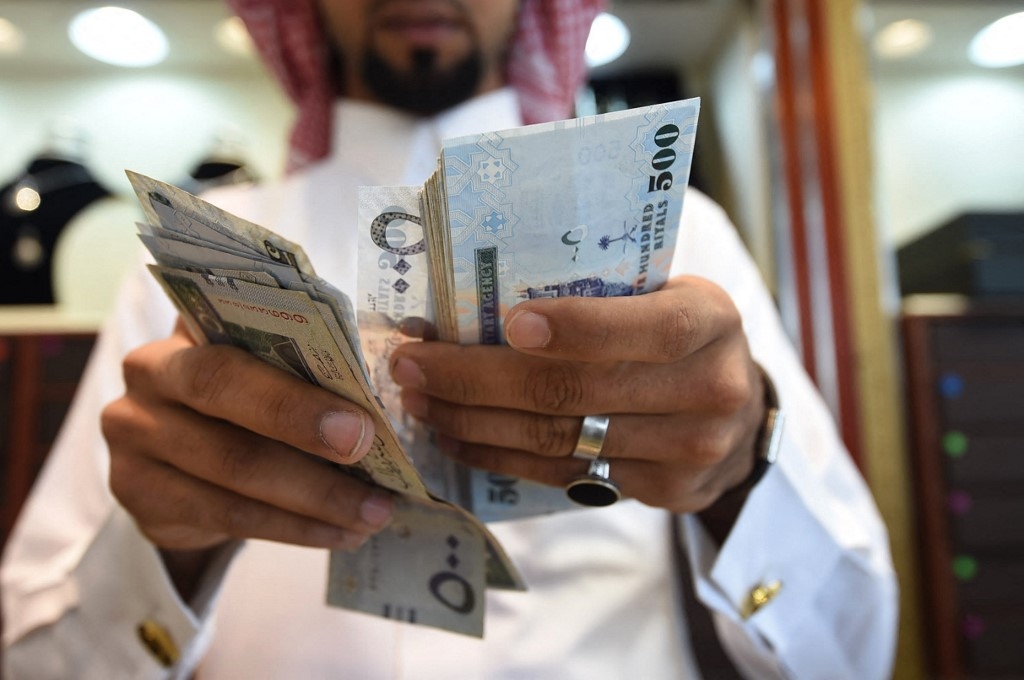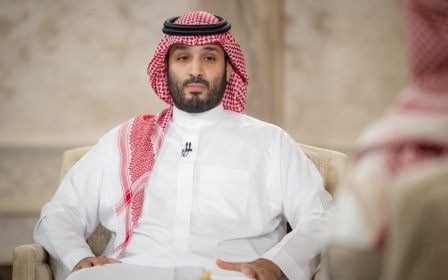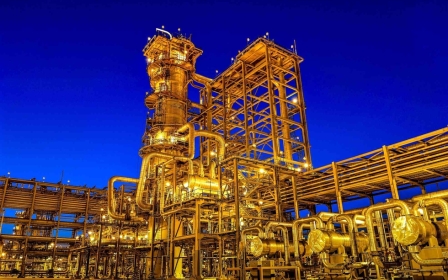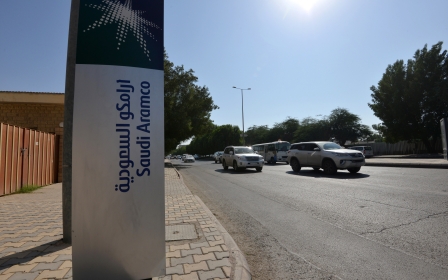Arabic press review: Saudi Arabia to license two digital banks

Saudi Arabia to license two digital banks
The Saudi Arabian Monetary Agency (the Central Bank) announced on Friday the completion of procedures to study two applications for licensing two local digital banks to conduct electronic banking activities in the country.
The Saudi Central Bank said in a statement that it will submit the two requests to the higher authorities to acquire approval of the licenses, reported Al Khaleej Online.
"After the approval is issued, the bank will supervise creation and operating arrangements, before the two banks conduct their business in the Kingdom," the statement added.
The statement explained that this step aims to develop the digital economy and enable financial companies to support the growth of the private sector, as well as opening the way for new companies to provide financial services.
So far, the Central Bank has licensed 16 financial companies to provide payment services, consumer finance and electronic insurance brokerage.
The Saudi banking sector has been witnessing significant progress in the field of electronic services in recent years.
In cooperation with the UAE, Riyadh has been working for months to launch a digital currency to facilitate money transfers between the banks of the two countries.
US 'monitoring Iran’s movements in Syria’
Commander of the US Central Command, General Kenneth McKenzie, said that Washington is closely monitoring the movements of Iranian militias near the locations of US coalition forces in Syria, according to the London-based Al-Araby Al-Jadeed.
“It is clear that China and Russia are seeking to impose broader influence and stronger relations with countries in the region,” the US official said in response to a question by the paper at a virtual news conference on Monday.
“Both countries are trying to exploit any perceived decline in US engagement to build and strengthen opportunistic ties."
McKenzie noted that one of Washington's priorities in Syria and the region is "deterring Iran's destabilising activities, which remain the greatest threat to stability in the Middle East.
‘No breakthrough’ in Israel-Hamas prisoner exchange
The prisoner exchange negotiations between Israel and Hamas remain stalled, according to Palestinian sources who spoke to the Saudi Asharq Al-Awsat newspaper.
"There is no breakthrough in the prisoner exchange agreement between Israel and Hamas, which is being negotiated these days, as Israel is not ready now," the paper reported, citing “well-informed Palestinian sources”.
The sources explained that the main impediment is the period of transition from one government to another in Israel. Meanwhile, Hamas is waiting for the Israeli political scene to settle before talks can continue.
"This also applies to internal reconciliation, as there is dissatisfaction in Ramallah with the discourse used by Hamas to discuss reconciliation after the war,” the sources added.
Meanwhile, a high-ranking Hamas delegation led by Ismail Haniyeh, head of the movement's political bureau, has met in Cairo this week with senior Egyptian intelligence officials.
Hamas confirmed its readiness to start discussing a prisoner exchange deal with Israel immediately. However, a Hamas spokesman said that "the prisoners issue cannot be linked to any of the other issues," according to the news report.
Jordan condemns Israeli police attacks in Jerusalem
The Jordanian Foreign Ministry condemned the crackdown by Israeli police against Palestinians in the Damascus Gate area in occupied Jerusalem on Thursday evening, as well as the continued violations against al-Aqsa Mosque, reported the Jordanian newspaper Al-Ghad.
The ministry also warned that “these provocative steps may lead to escalation, tension and violence,” while warning of the consequences of the anti-Palestinian "Flag March" that extremist settler groups plan to organise next Tuesday in the Old City.
*Arabic press review is a digest of reports that are not independently verified as accurate by Middle East Eye
Middle East Eye propose une couverture et une analyse indépendantes et incomparables du Moyen-Orient, de l’Afrique du Nord et d’autres régions du monde. Pour en savoir plus sur la reprise de ce contenu et les frais qui s’appliquent, veuillez remplir ce formulaire [en anglais]. Pour en savoir plus sur MEE, cliquez ici [en anglais].




